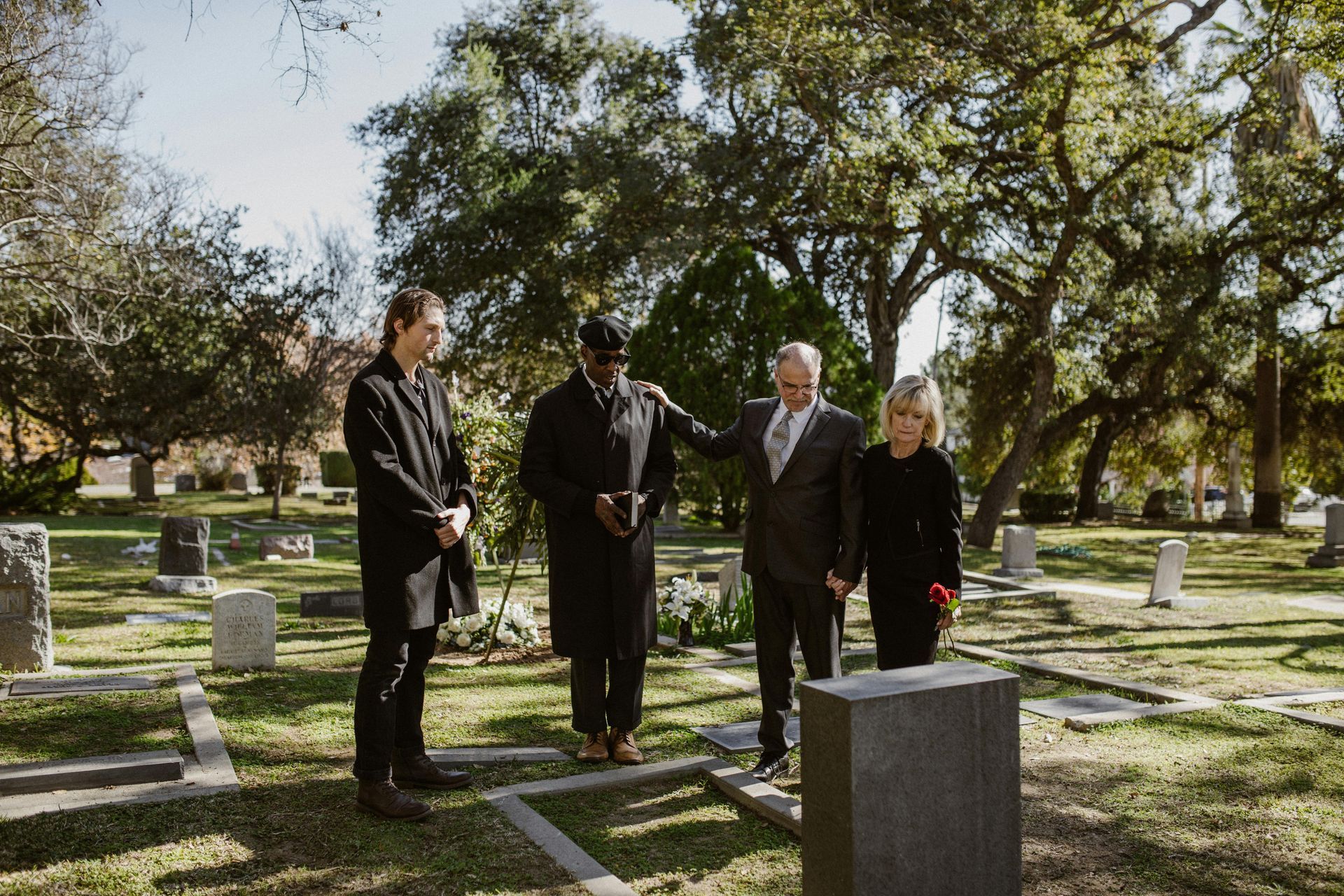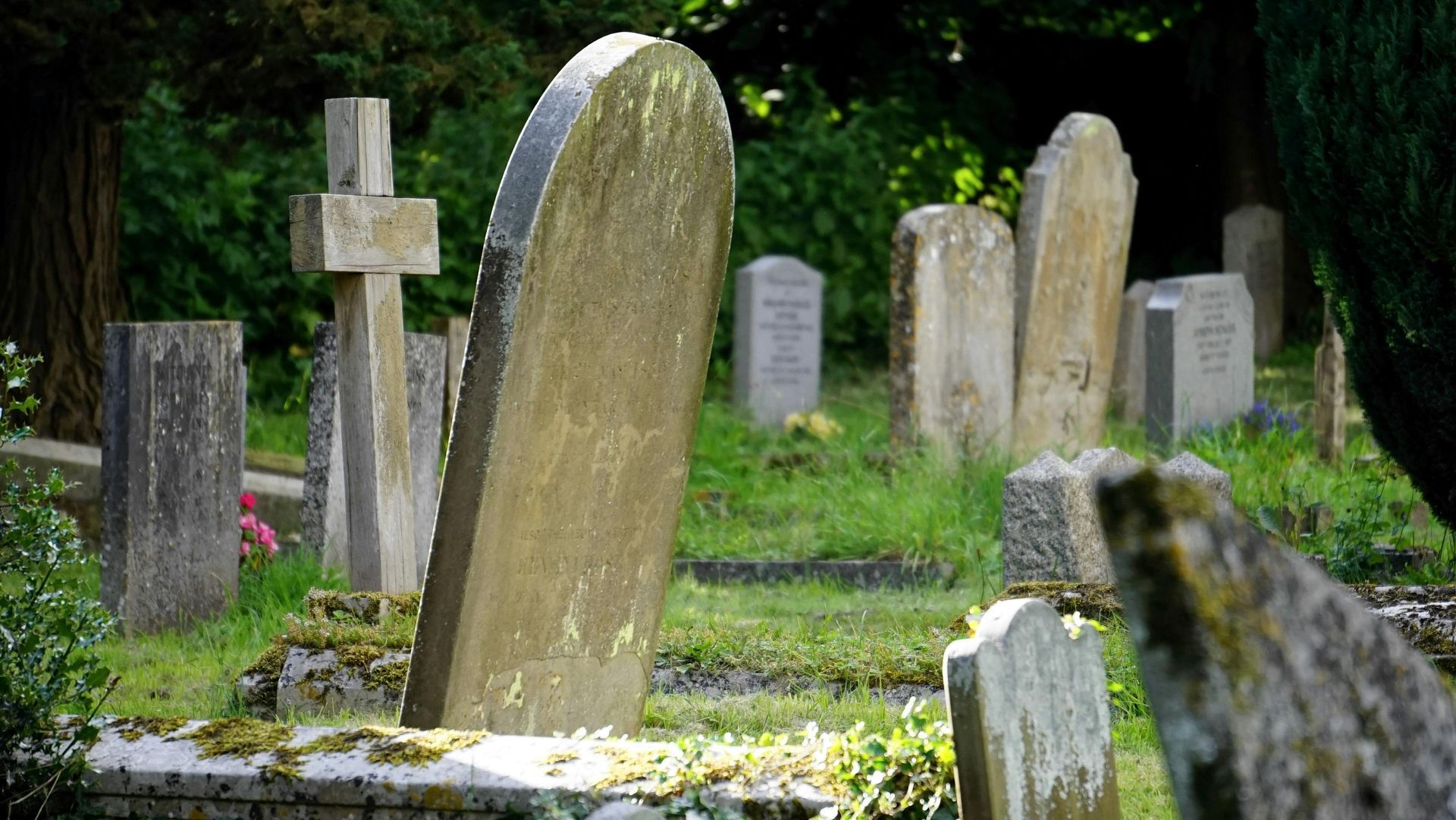Challenging a Will in New York: Grounds and Legal Process
Can You Challenge a Will in New York?
Yes, under New York law, certain individuals can contest a will if they believe it is invalid. A will contest is a formal objection raised during the probate process. These challenges must be based on legally recognized grounds and must follow specific procedures governed by the Surrogate’s Court.
At Jack Weissman, Attorney at Law, we assist individuals and families in Brooklyn who have concerns about the validity of a loved one’s will.
Who Can Contest a Will in New York?
Only interested parties—those who would inherit under a previous will or under intestate succession laws—can challenge a will. This typically includes:
- Children
- Spouses
- Siblings
- Heirs-at-law who would benefit if the will were voided
Legal Grounds for Challenging a Will
Under New York law, a will can be contested on one or more of the following grounds:
- Lack of Testamentary Capacity
The testator (person making the will) must have been mentally competent at the time the will was signed. If they lacked awareness of what they owned or who their heirs were, the will may be invalid. - Undue Influence
A will can be challenged if it was created under pressure or manipulation by someone who stood to benefit from it, especially if that person had a confidential relationship with the testator. - Improper Execution
New York has strict requirements for how a will must be executed. It must be in writing, signed by the testator, and witnessed by at least two people. Any deviation can make the will unenforceable. - Fraud or Forgery
If someone tricked the testator into signing the will or forged their signature, the will is not valid. - Revocation
A newer will may exist that invalidates the current one, or the testator may have taken steps to revoke it.
The Process of Contesting a Will in New York
Will contests are handled in Surrogate’s Court and follow these general steps:
- Filing an Objection
Once the will is submitted for probate, an interested party must file formal objections before the court grants probate. - Discovery and Evidence Gathering
This stage may involve subpoenas, depositions, and review of medical records or previous wills. - Court Hearing or Settlement
Many will contests settle out of court. If not, the case proceeds to a hearing where a judge determines the will’s validity.
Deadlines Matter
Will contests must be filed promptly. In New York, objections are generally due within a short time after receiving notice of probate proceedings—often just 10 days for some parties.
Legal Help for Brooklyn Residents
Challenging a will can be legally and emotionally complex. At Jack Weissman, Attorney at Law, we guide clients in Brooklyn through every step of the process, whether they’re seeking to contest a will or defend one against a challenge.









